SHILLONG, SEP 13: In a significant stride towards improving healthcare and raising awareness, Meghalaya felicitated Village health Councils (VHCs) and also launched the Information, Education and Communication (IEC) Book, Register, and App on Wednesday.
Initially available in Khasi, Garo, Jaintia, and English, these VHC materials will soon be accessible in Bengali, aiming to foster wider engagement and comprehension among VHC members and communities.
On the same momentous day, President Droupadi Murmu virtually inaugurated the “Ayushman Bhava” campaign. This campaign seeks to provide essential health services and ensure the efficient delivery of health schemes to all intended beneficiaries, including those residing in remote areas.
Speaking virtually, Union Health Minister Mansukh Mandaviya underscored the significance of saturating health services in every village, aligning with the overarching vision of “health for all” under the ‘Antyodaya’ framework. Minister Mandaviya commended the Prime Minister’s initiatives and their impact on enhancing the healthcare system, emphasizing the importance of Ayushman Bhava in achieving these goals.
Expressing his delight at the launch of Ayushman Bhava, Chief Minister Conrad K Sangma stressed the importance of inclusive development in every sector, including healthcare, agriculture, and education. He reiterated the government’s commitment to target specific issues to achieve holistic development.
Chief Minister Sangma emphasized, “Health starts with basic practices, including hygiene, and everyone at every level of society has a role to play. Every citizen in our state should have access to quality healthcare.” He praised the increased remuneration for Accredited Social Health Activist (ASHA) workers and advocated for a community-based healthcare system at the grassroots level.
In a significant financial commitment, Chief Minister Sangma announced the allocation of ₹20,000 annually to support the activities of the Village Health Council. This funding aims to empower VHCs to work effectively at the grassroots level, ensuring the provision of healthcare services where they are needed most.
“Health is a paramount sector for us, and while challenges may lie ahead, our commitment to our responsibilities will set an example for the rest of the country,” Chief Minister Sangma emphasized. He also announced plans to implement a tailored and focused approach for all government hospitals in the coming six months, enhancing the capability of district hospitals to identify and address healthcare issues effectively.
Addressing the event, Meghalaya’s Health Minister, Ampareen Lyngdoh, passionately emphasized the significance of the Ayushman Bhava campaign. She described it as a mission-driven endeavor, poised to revolutionize healthcare services by reaching the last mile, leaving no corner of the state untouched.
“Ayushman Bhava,” she articulated, “is not just a campaign; it is a promise, a commitment, and a vision aligned with the Government of Meghalaya’s ambition for a healthier state.”
Minister Lyngdoh went on to enumerate some of the recent healthcare interventions initiated by the Government of Meghalaya. These include being the first state in India to launch a comprehensive state health policy during the challenging times of the Covid-19 pandemic in 2021. Furthermore, the state introduced the Chief Minister’s Safe Motherhood Scheme (CMSMS) and the Meghalaya Early Childhood Development Mission (MECDM).
With determination in her voice, Minister Lyngdoh called for collective action, stating, “Together, we can make Meghalaya a model for holistic healthcare.”
On a similar note, Principal and Health Secretary, Family & Welfare Department, Sampath Kumar also addressed the gathering, emphasizing the importance of Ayushman Bhava and its implications for the future of healthcare. He highlighted Meghalaya’s pioneering role in healthcare policy, particularly as the first state in India to introduce a comprehensive state health policy in 2021.
Introducing Village Health Councils (VHCs), Kumar elaborated on the state’s commitment to healthcare, with a remarkable 8% of the budget allocated to this crucial sector. He articulated the government’s vision of building human capital through a life cycle approach, which encompasses early childhood development, adolescent support, and adult health.
He urged the importance of antenatal checkups, indicating that adherence to four such check-ups could reduce mortality rates by 12%. Concerning the prevalent issue of smoking among adults, he acknowledged the challenges and underscored the need for preventive healthcare measures. Kumar also expressed gratitude to the Chief Minister for his visionary leadership and commitment to building human capital, with a particular focus on early childhood development, adolescent, and adult health development.
National Health Mission (NHM) Director RM Kumar, in his address, reiterated the significance of the Ayushman Bhava campaign and its commitment to providing healthcare for all, emphasizing a proactive approach to benefit all beneficiaries. Underlining the importance of disease prevention, he announced various screenings set to take place, aiming to identify and address health issues promptly.
Kumar shared remarkable statistics, revealing that there are currently 6,758 Village Health Councils (VHCs) in approximately 6,800 villages.
Furthermore, Kumar stressed the essential role of community involvement, acknowledging that while there have been some minor challenges, significant progress has been made in the quest for comprehensive healthcare coverage.
On the other hand, Shri Miki Lyngdoh, the headman and chairman of the Village Health Council under the RD block of East Jaintia Hills district expressed gratitude for guidance provided by the district Deputy Commissioner. Meanwhile, representatives from various regions, including South West Garo Hills, shared their experiences and expressed their appreciation for the government’s initiatives in facilitating VHC committee meetings.
The program also featured an award distribution segment, where active participants were recognized for their contributions. A total of 22 VHCs were felicitated for their dedication and active contribution towards mobilizing and strengthening community engagement in health and nutrition activities.
The program ended with recognition of the state’s efforts to eliminate tuberculosis (TB) aligning with the 2025 commitment to eliminate TB. West Garo Hills emerged as the best-performing district, receiving the award.

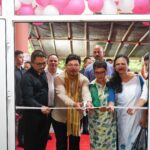
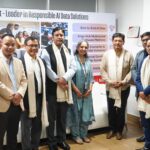
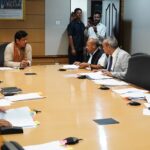
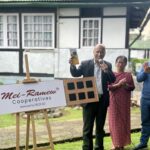





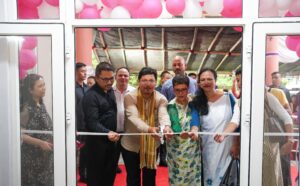
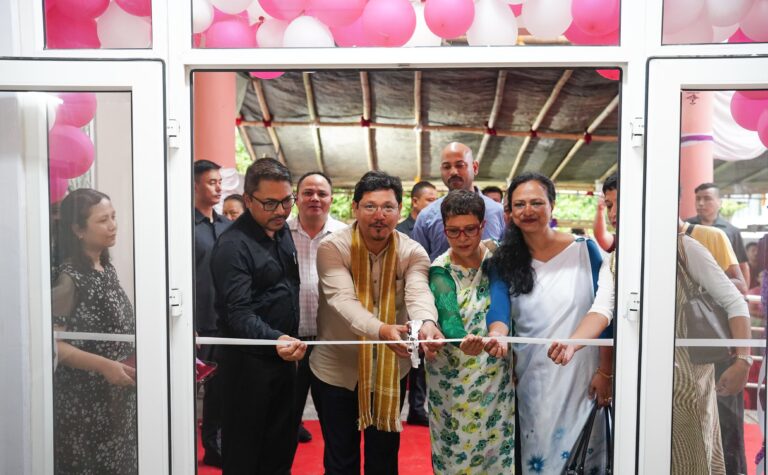
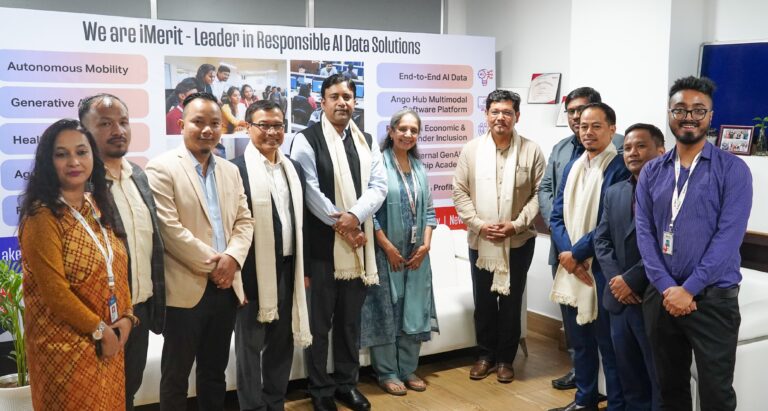
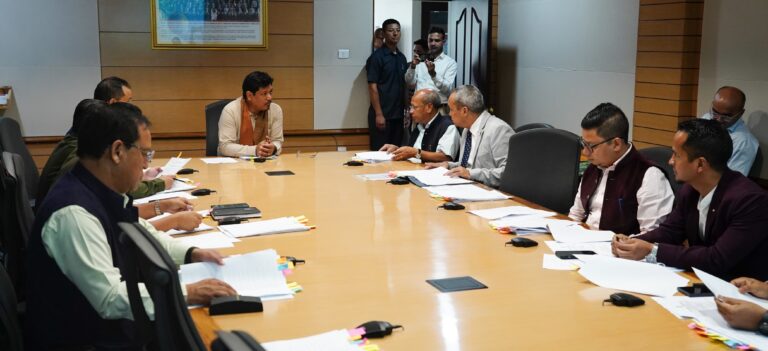
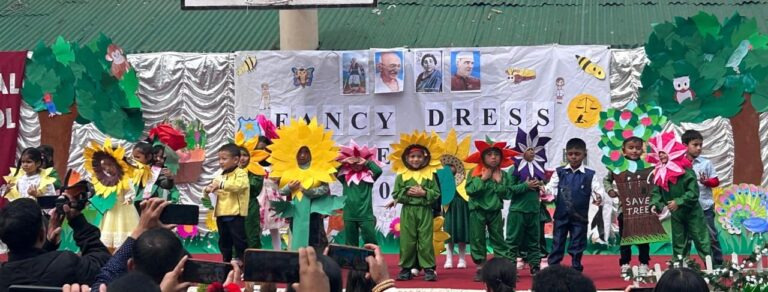
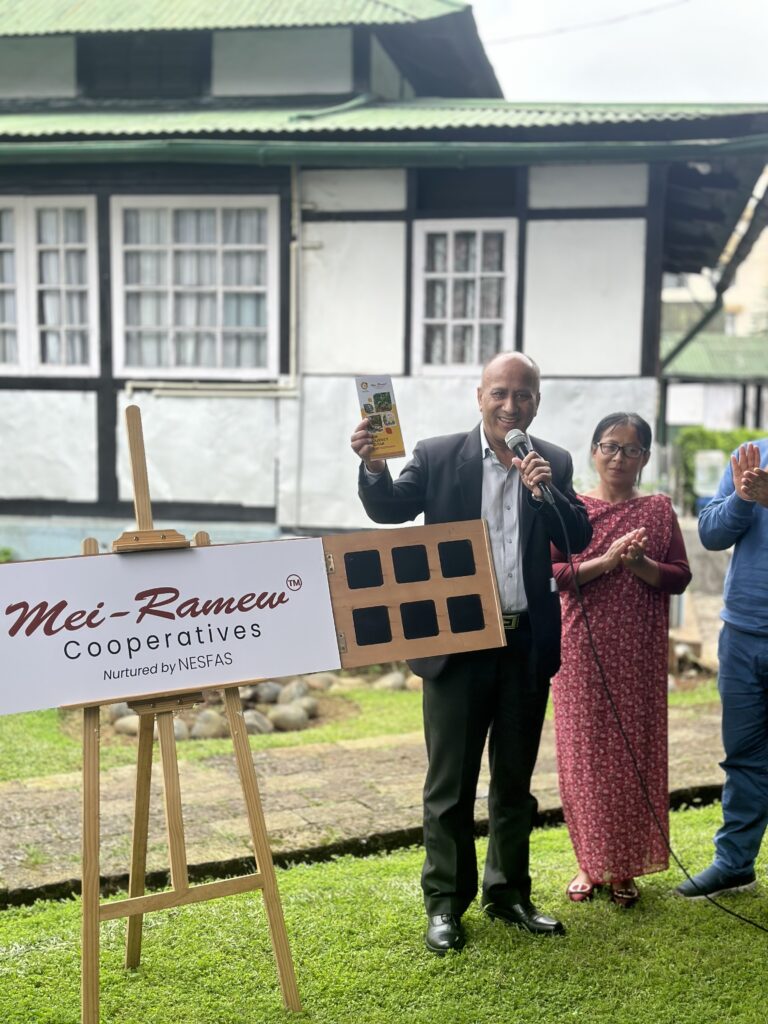
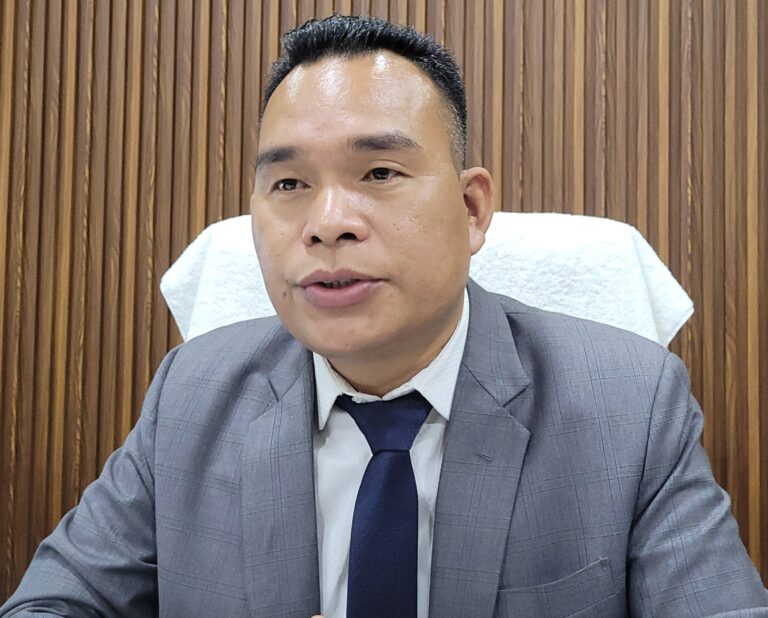
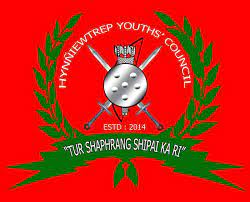

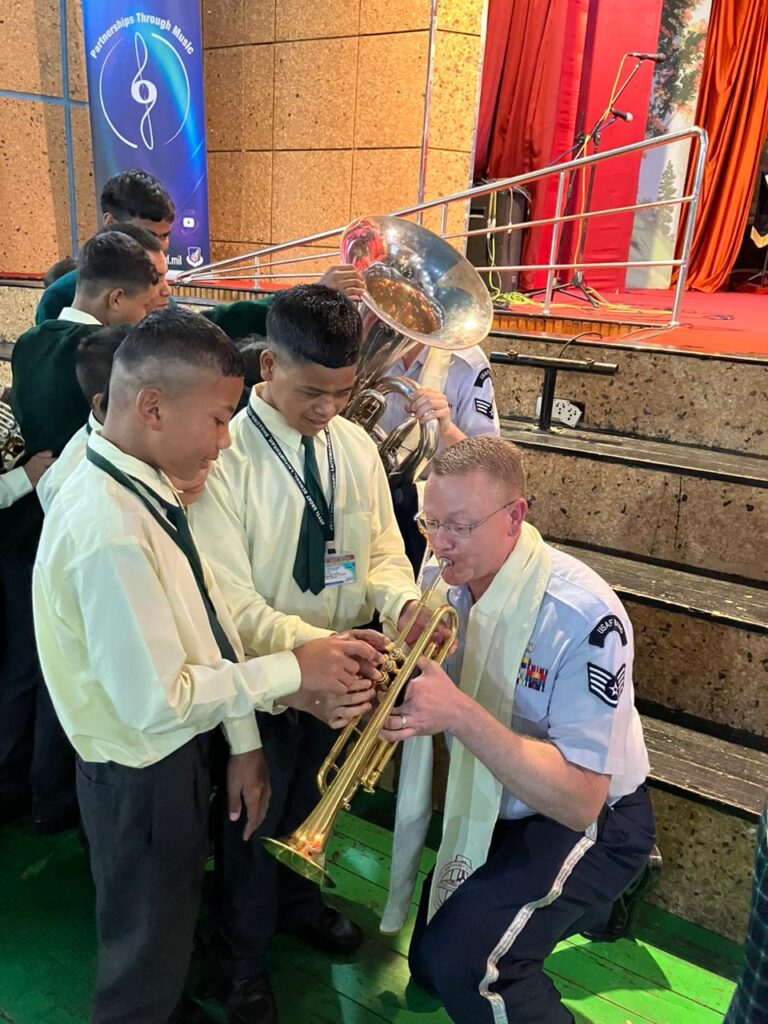
+ There are no comments
Add yours